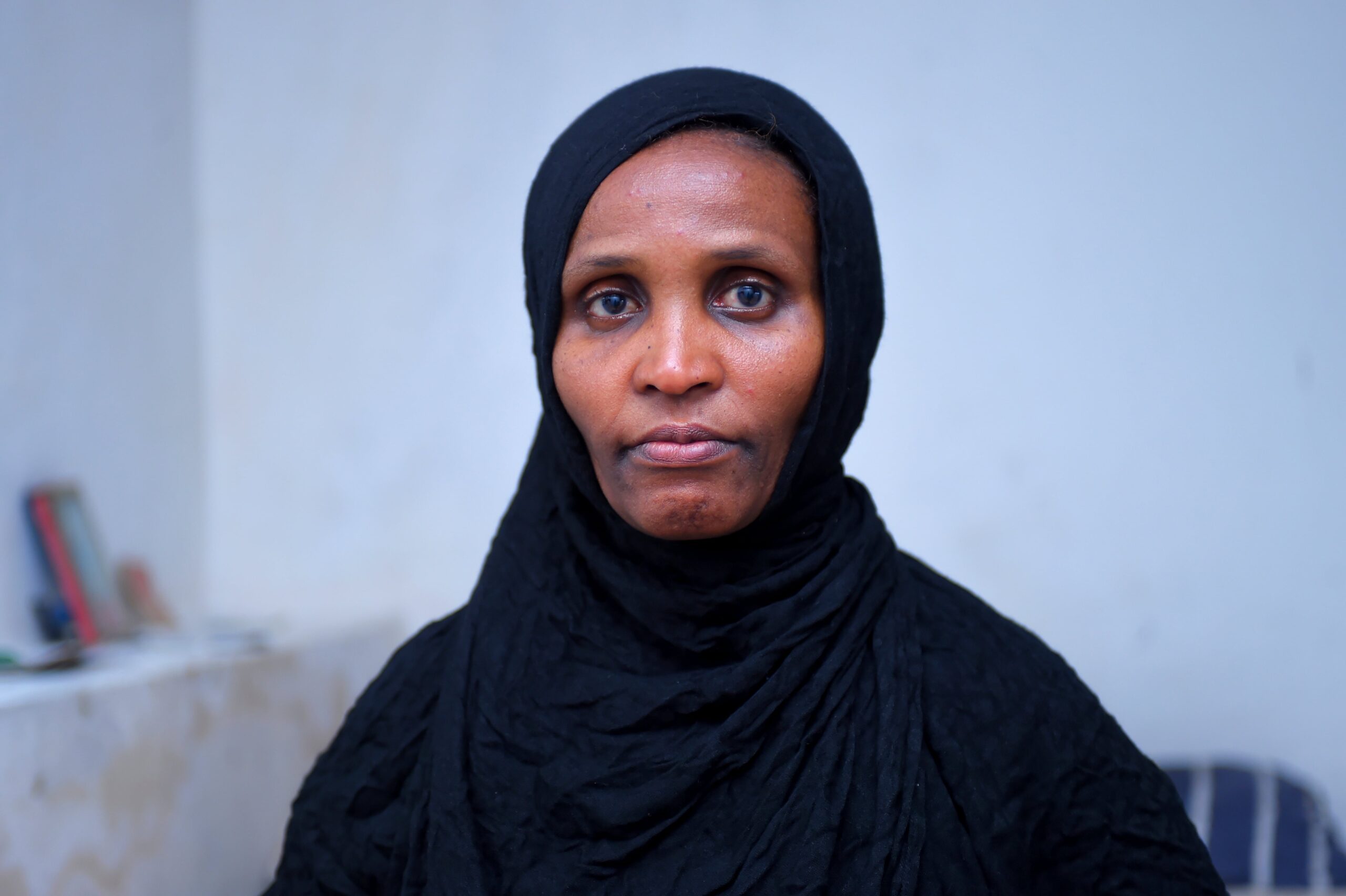ADDIS ABABAWhen Nigus Yosef, then 19 years old, told his parents he was planning to leave Ethiopia’s Tigray area and attempt to reach Saudi Arabia, they pleaded with him not to go.
Through the Gulf of Aden and then war-torn Yemen, two of their children had already crossed. Due to his illegal entry into Yemen, Yosef’s brother is currently incarcerated there. It will be challenging for his sister to depart Saudi Arabia because she entered the country illegally as well.
Suggested Videos
Yosef and five pals from his hometown of Adi Qeyih sailed to Yemen on August 3, 2025. It capsized that night.Out of the roughly 200 persons on board, only 56 made it out alive. Among them was Yosef.
In a phone chat, his uncle Redae Barhe stated that his parents are in extreme shock and sorrow. They are unable to even express their sadness.
Nigus Yosef, one of 132 individuals missing from the boat that collapsed this month, is among the many Africans who have vanished while traveling in quest of a fresh start.
Travels that are dangerous
The family they leave behind are aware that bad things are likely to happen. Boats are frequently too packed to handle choppy waters. There are additional risks once on dry soil. Due to their vulnerability and lack of resources and security, migrants are easy targets for kidnappers and human traffickers.
Senait Tadesse claims that her daughter, 27, managed to reach Yemen, but was taken hostage by abductors who contacted her over Facebook and demanded a US$6,000 ransom to free her only child.
In the capital, Addis Ababa, Tadesse told The Associated Press that she raised the money by selling her car and all of her valuables, then put it into an Ethiopian bank account.
The kidnappers, however, wanted more. They demanded more, so she sold everything she owned. Armed with the local bank account number that the kidnappers had been using, she went to the police since she had run out of options.
She was on Facebook in the meanwhile, looking for updates on her daughter. In the end, a survivor’s post verified that Tadesse’s daughter had been murdered. No one has been arrested as of yet.
Motivated by desperation
Youth unemployment is significant, and there are still areas of unrest despite Ethiopia’s relative stability since the war in the Tigray region concluded in 2022.
According to Addis Ababa-based Ethiopian human rights lawyer Yared Hailemariam, many young people no longer see a future for themselves in a country that does not prioritize their needs. Growing conflicts and a lack of economic opportunity are the main causes of this migration. Young people are forced to choose between supporting their families and taking up guns to fight in never-ending conflicts.
The reason Nigus Yosef never completed his education was because of the fighting in Tigray. He was in the seventh grade when the violence began in 2020, and he left school to enlist in the Tigrayan military. He returned home after the ceasefire was struck in 2022, but he was unable to find employment. Three years later, he was in a dire situation.
Locals claim that traffickers take advantage of this need and that their networks reach as far as rural communities and isolated locations.
When Eden Shumiye fled Adi Qeyih with Yosef and his pals, she was just thirteen years old. According to her parents, she was tricked into leaving with the group by people smugglers who preyed on her during the town’s public market day. When they arrived at Wuha Limat, close to the Ethiopia-Djibouti border, one of the other migrants called her parents, who had not heard from her before. They were really distraught by the news.
A family member of one of the survivors was able to use the messaging app Imo to send them a voice message from Saudi Arabia after the boat overturned, confirming that Eden’s body had been found. Only two of the six youths who fled Adi Qeyih made it out alive.
Eden’s father, Shumiye Hadush, told The Associated Press that his mother is devastated. The agony is just unbearable.
Ethiopia warns
In reaction to the recent tragedy, the Ethiopian government released a statement advising people to seek opportunities through legal channels and cautioning them against using the illicit route and traffickers’ services at all costs.
However, legal migration routes are cumbersome and slow, according to migration expert Girmachew Adugna, who focuses on Ethiopia and the Horn of Africa. He claims that the escalating cost of passports makes them difficult to get. Young people frequently move illegally because they have little or no access to legitimate migration paths.
According to United Nations statistics, the number of Ethiopians residing abroad as migrants increased from over 200,000 in 2010 to over 1.1 million in 2024.
The U.N. International Organization for Migration, or IOM, reported last month that despite Yemen’s civil war, the country’s migrant population has quadrupled, from 27,000 in 2021 to 90,000 last year.
Smugglers transport migrants across the Red Sea or Gulf of Aden in overcrowded, frequently hazardous boats in order to enter Yemen. At least 1,860 individuals have perished or gone missing along the road, including 480 who drowned, according to the IOM.
Hadush, the father of Eden Shumiye, claims that this perilous movement is killing our young people. They become victims of traffickers’ brutality. What will be the conclusion of this tragedy?
___
This article was written by Khaled Kazziha of the Associated Press in Nairobi, Kenya.
___
To learn more about development in Africa, visit: https://apnews.com/hub/africa-pulse
The Gates Foundation provides funding to the Associated Press for coverage of global health and development in Africa. All content is entirely the AP’s responsibility. Visit AP.org to find funded coverage areas, a list of supporters, and AP rules for dealing with philanthropies.









